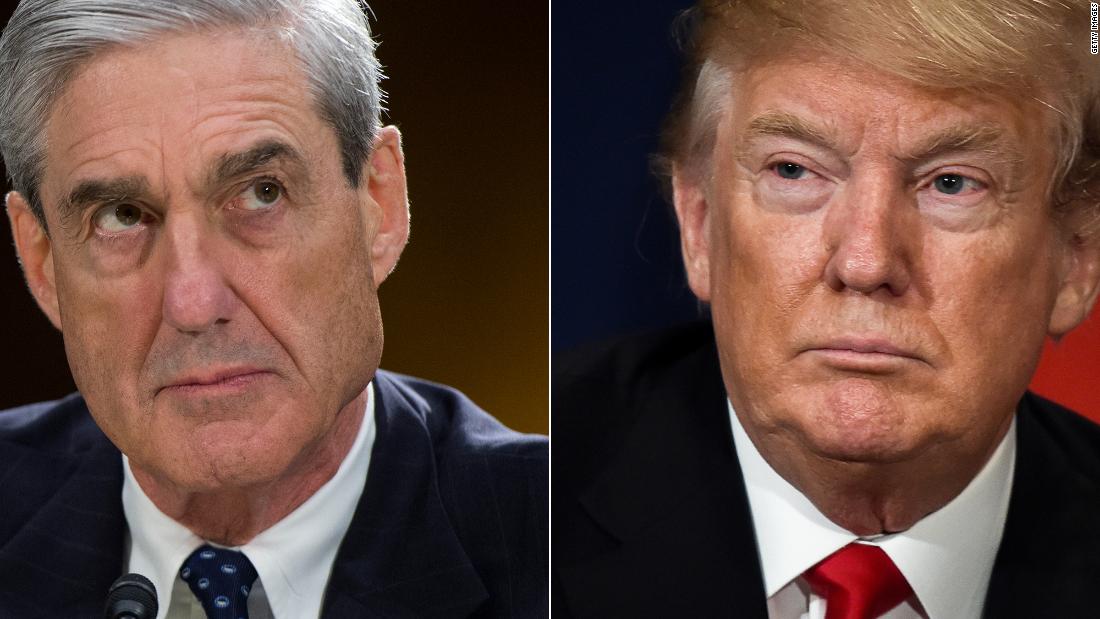In early 2017, shortly before President Trump’s inauguration, BuzzFeed decided to publish a 35-page dossier containing unverified reports of collusion between the Trump campaign and the Russian government. In response to this, Aleksej Gubarev, a Russian technology executive mentioned in the dossier, filed a defamation lawsuit against BuzzFeed. Gubarev claimed that BuzzFeed’s decision to publish a document that most other major media corporations resisted publishing was an extremely reckless act of journalism.
This past Wednesday, a federal judge in Miami ruled in favor of BuzzFeed. She cited BuzzFeed’s disclaimer that the dossier included “specific, unverified, and potentially unverifiable allegations” as a reason for not upholding the suit. In response to the ruling, Gubarev’s team stated that the ruling only implies that “BuzzFeed had a privilege to publish the information even if it was false.” In response to this, the editor-in-chief of BuzzFeed, Ben Smith stated that the judge “affirmed in her ruling a key principle underlying the First Amendment… that the public has a right to know about actions taken by its government… Moreover, its publication has contributed to the American people’s understanding of what is happening in their country and their government.” Following the ruling, Mr. Gubarev has decided to appeal.
- How may have the Supreme Court case New York Times Co. v. Sullivan set precedent for this federal court case? Explain using the facts of the case when necessary.
- Furthermore, how may have the Supreme Court case New York Times Co. v. United States set precedent for this federal court case? Explain using the facts of the case when necessary.
- These are tumultuous times for the media. On one hand, we have President Trump who is raising panic about “fake news,” and on the other hand, we have people crying out about the government potentially infringing upon the First Amendment right of freedom of the press. Why may the media’s role as the Fourth Estate be more important than ever? Do you believe that BuzzFeed is fulfilling this role by publishing the dossier, or are they overstepping their bounds?


